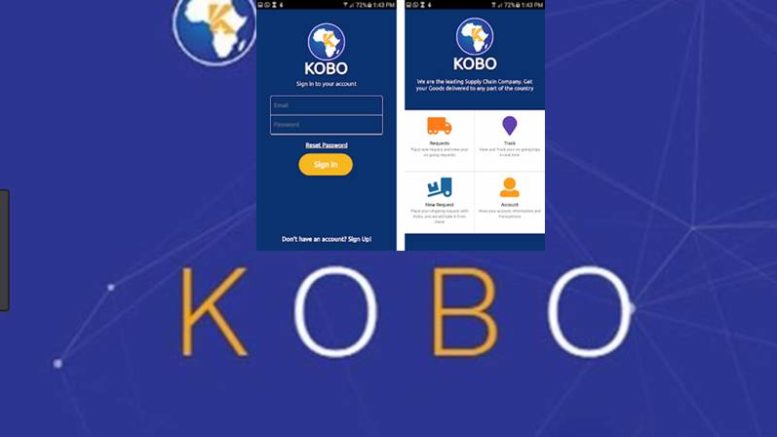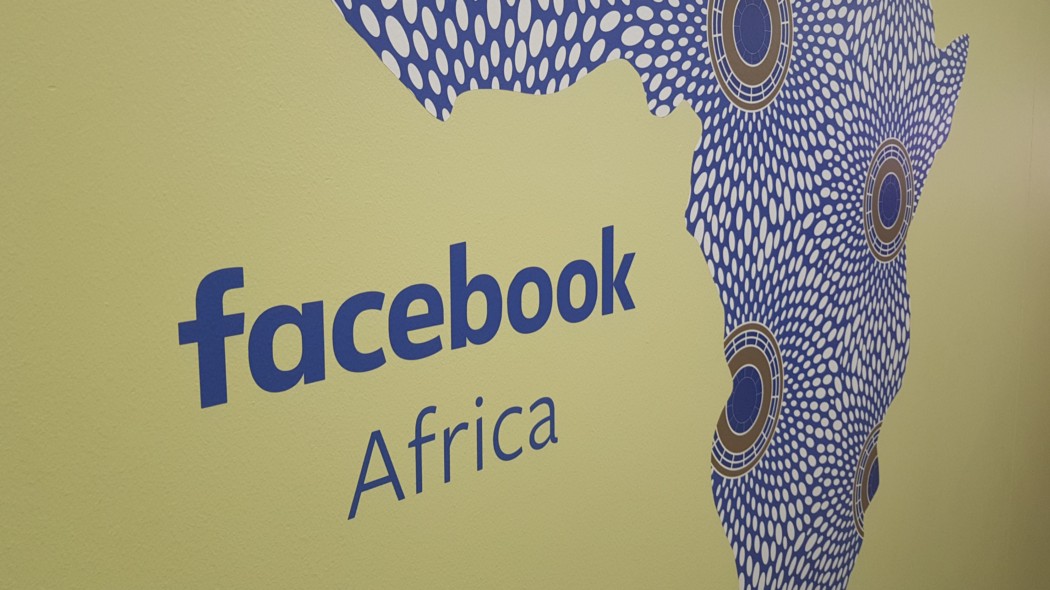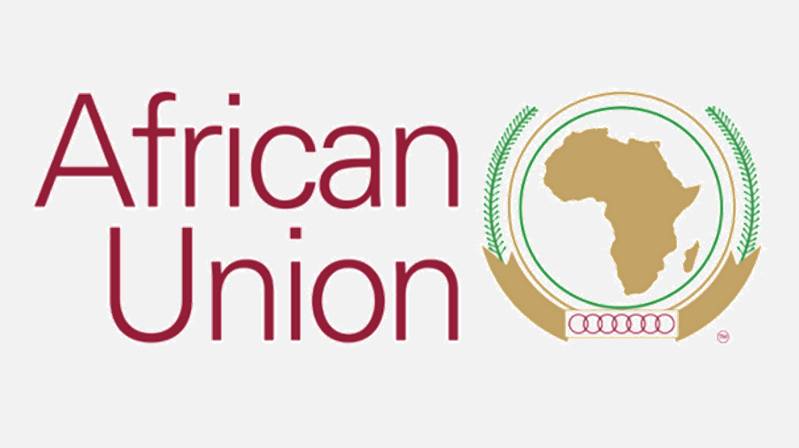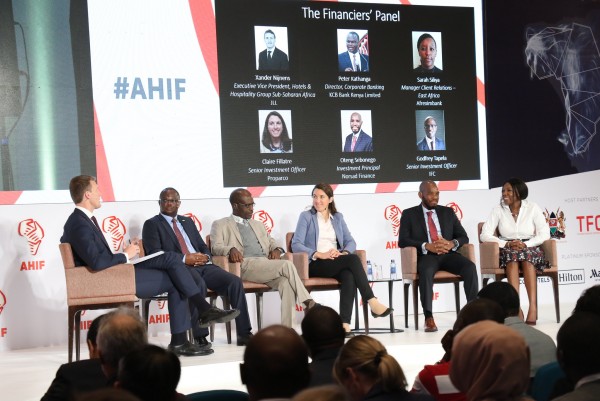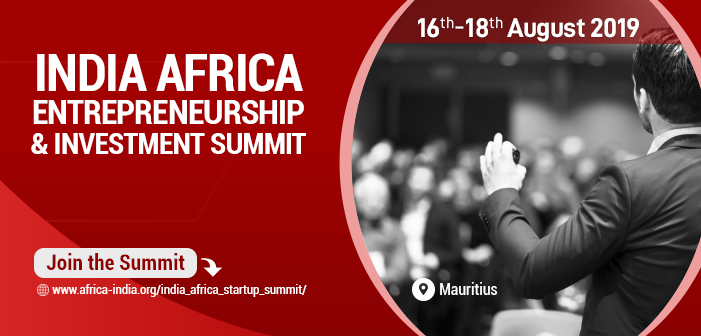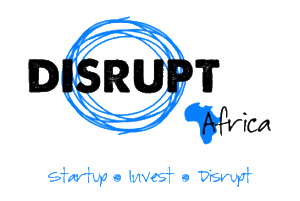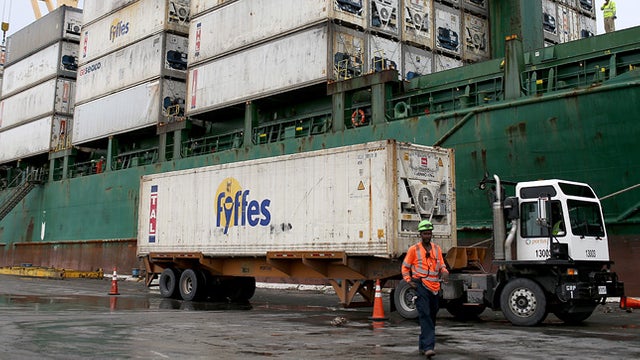Startups In Nigeria Get New Opportunity To Partner With Large Corporates Under New ICT Regulations
This is a huge opportunity for startups in Nigeria to begin to pitch deals to large corporates and organisations. This is because under Nigeria’s new regulation, Guidelines for Nigerian Content Development in Information and Communications Technology as amended, all indigenous or Nigerian Companies who have secured IT projects or contracts with any Nigerian Federal Public Institution or Government owned companies either fully or partly, of which the gross value of the project is Five Hundred Million Naira (N500,000, 000, 00)or above shall engage on the project, a Nigerian startup or incubation team for the purpose of R&D on the project, as well as engage Nigerian graduates with IT background as interns on the project.

- The Amended Guidelines aim to improve the demand side for Indigenous content, while requiring enhanced quality and performance from indigenous players.
- There are three core focus areas of the guidelines: driving indigenous innovation, developing the local ICT Industry and establishing Intellectual Property regulation and protection standards, each of which has a set of related strategic goals.
Key Points About This Regulation
- The Guidelines apply to all Federal Ministries, Departments and Agencies, Federal Government Owned Companies(either fully or partially owned) Federal Institutions and Public Corporation, Private Sector Institutions, Business Enterprises and Individuals carrying out business within the Information and Communications Technology sector in Nigeria.
- Under the new Guidelines, all manufacturers of original ICT equipment based in Nigeria will now maintain active licence with NITDA,and procure certification for each product they manufacture. This certification shall be renewable every two years.
- The manufacturers shall maintain at least 40% local content by value and volume either directly or through outsourcing to local manufacturers engaged in any segment of the product value chain.
- The manufacturers will also maintain in-country Research and Development projects or initiatives for all their products and service conceptualisation, innovation, adaptation, design and prototype development.
- Provide to NITDA affidavit of source of component parts and notify NITDA of any changes in the source.
- The manufacturers must maintain a minimum capitalization of one billion Naira.

For Multinational Companies That Produce ICT Hardware Components in Nigeria, They Must:
- Provide a detailed local content development plan for the creation of jobs, recruitment of Nigerians, human capital development, use of indigenous ICT products and services for value creation.
- Notify NITDA of the commencement or launch of any developmental or Corporate Social Responsibility(CSR)project or program at least 15 days before the commencement of such program.
For Data and Information Management Companies, They Shall:
- Register their products, capabilities and organization on the NITDA portal.
- Host all sovereign data locally within the country and shall not for any reason host any sovereign data outside the country without an express approval from NITDA.
All Networking Service Companies shall:
- Be licensed by the NCC where applicable and register their products, capabilities and organizations on the NITDA IT Service provider’s portal.
- The registration services shall be provided free of charge and will ensure NITDA awareness of available resources.
- They shall also demonstrate verifiable evidence of Investment of at least 1% of annual turn-over in Research and Development in ICT in Nigeria which is tax deductible in accordance with the Companies Income Tax Act (CITA) 2004.
Procurement Going Forward
- Under the Guidelines, Ministries, Department and Agencies shall only source and procure 40% computer hardware and associated devices only from NITDA approved Original Design Manufacturer (ODM) or Original Equipment Manufacturer (OEM).
- They shall also purchase devices that have soft and hard keyboards capable of supporting Nigerian languages and the Naira sign (₦).
- All indigenous or Nigerian Companies who have secured IT projects or contracts with any Federal Public Institution or Government owned companies either fully or partly, of which the gross value of the project is Five Hundred Million Naira (N500,000, 000, 00)or above shall engage on the project, a Nigerian start-up or incubation team for the purpose of R&D on the project, as well as engage Nigerian graduates with IT background as interns on the project.
Tech Startups In Nigeria Would Also Benefit Under The New Nigerian Cloud Computing Policy
This policy aims to enable Nigerian Government (or public sector) to access cloud computing and other technologies enabled by the cloud, such as Artificial Intelligence, Machine Learning or the Internet of Things among others. The policy targets 35% growth in cloud computing investments by 2024.
The Policy is to promote adoption of Cloud Computing by the Government and SMEs.
The Policy is applicable to all Federal Public Institutions, Public Institutions at the State and Local Government levels. The Policy shall also apply to all corporations fully or partially owned by the Federal Government in Nigeria.
This Cloud Computing Policy Will Now Be Used In Public Procurement
To that effect, NITDA will partner with the Bureau for Public Procurement (BPP) and other critical stakeholders to establish a“Digital Marketplace”which shall encompass a series of framework agreements with pre-approved cloud services suppliers and maintain a database of services in an online portal that can be accessed by procuring entities.
To be approved, cloud service providers will have to comply with the certification criteria put forward by NITDA and the BPP.
Under the new policy, The Office for National Security Adviser (ONSA) and NITDA shall monitor operational security issues related to the cloud; NITDA shall drive government-wide adoption of cloud, identify next-generation cloud technologies,share best practices,templates and reusable example.
Charles Rapulu Udoh
 Charles Rapulu Udoh is a Lagos-based Lawyer with special focus on Business Law, Intellectual Property Rights, Entertainment and Technology Law. He is also an award-winning writer. Working for notable organizations so far has exposed him to some of industry best practices in business, finance strategies, law, dispute resolution, and data analytics both in Nigeria and across the world.
Charles Rapulu Udoh is a Lagos-based Lawyer with special focus on Business Law, Intellectual Property Rights, Entertainment and Technology Law. He is also an award-winning writer. Working for notable organizations so far has exposed him to some of industry best practices in business, finance strategies, law, dispute resolution, and data analytics both in Nigeria and across the world.




